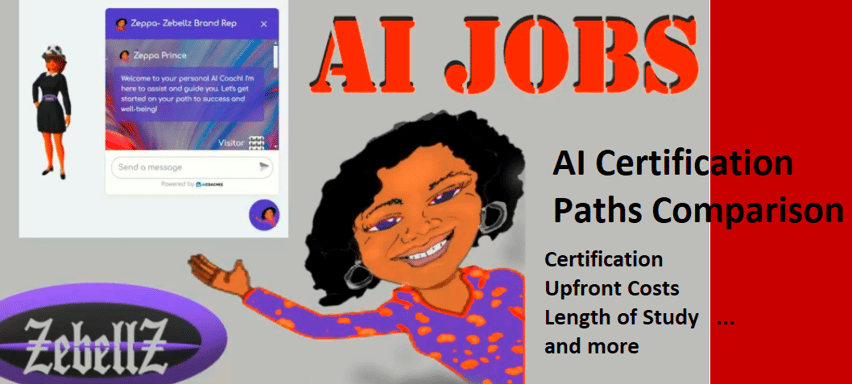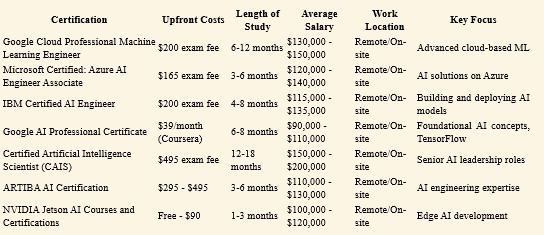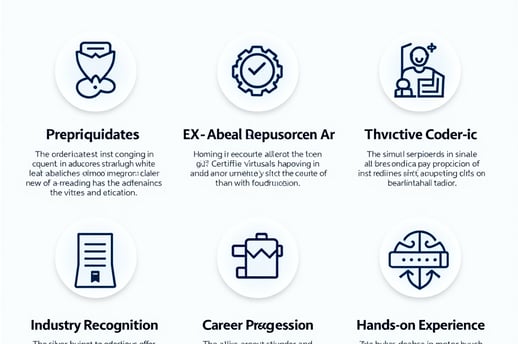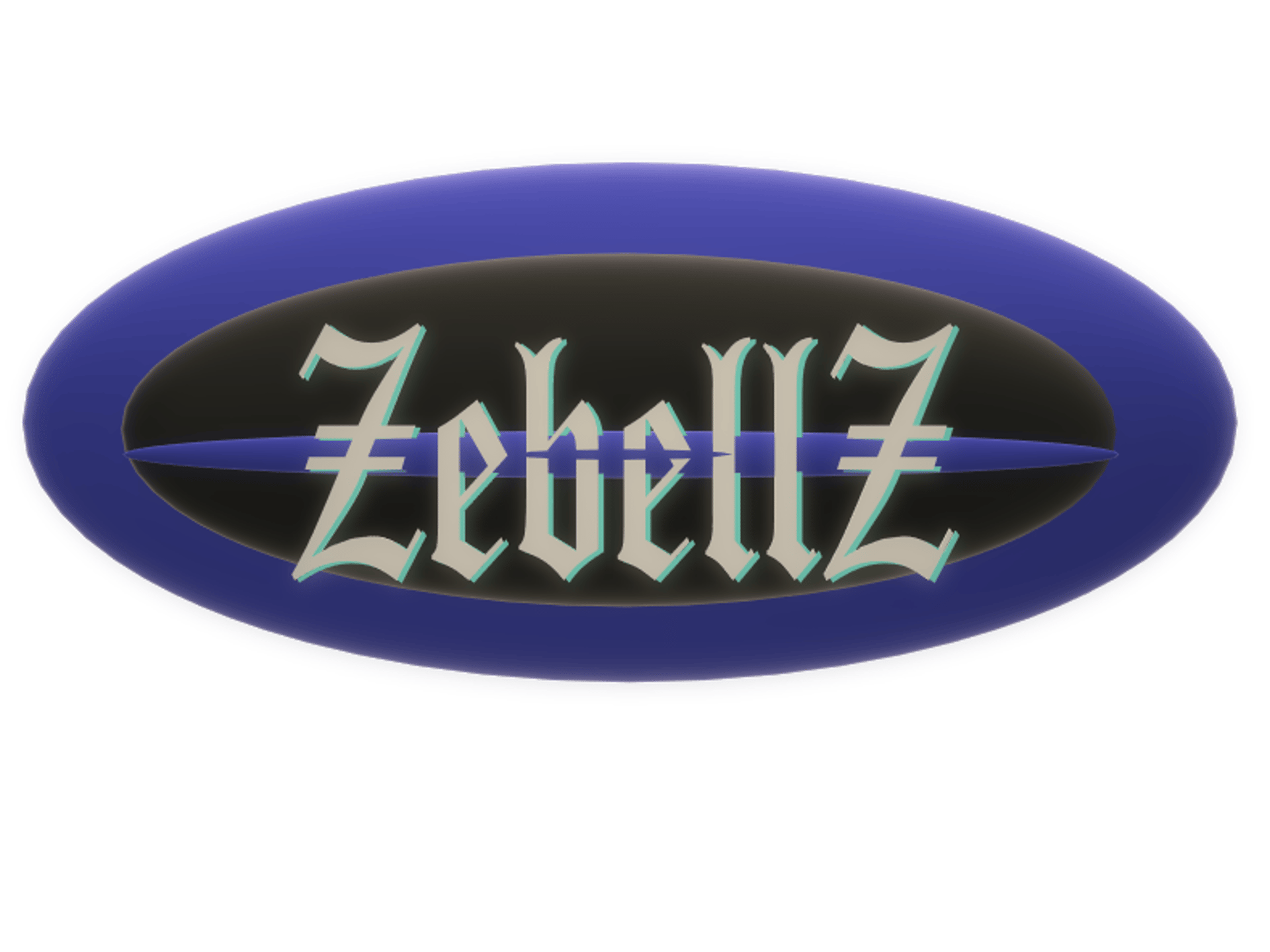AI Certification Paths Comparison
Blog post description.


AI Certification Paths Comparison
Introduction
This comparison chart provides an overview of various AI certification paths to help professionals make informed decisions about their career development in the field of Artificial Intelligence. The certifications listed cater to different skill levels and focus areas within AI, ranging from foundational knowledge to advanced specializations.
Key certifications covered include:
Google Cloud Professional Machine Learning Engineer
Microsoft Certified: Azure AI Engineer Associate
IBM Certified AI Engineer
Google AI Professional Certificate
Certified Artificial Intelligence Scientist (CAIS)
ARTIBA AI Certification
NVIDIA Jetson AI Courses and Certifications
Choosing A Path:
When choosing a certification path, it’s crucial to consider your current skill level, career goals, and the specific technologies you want to focus on. For instance, if you’re new to AI, the Google AI Professional Certificate might be a good starting point. If you’re already working with a specific cloud platform, the corresponding certification (like Google Cloud or Microsoft Azure) could be more beneficial.
Aligning with your choice via experience, aspirations, and technological preferences, those just starting their AI journey with the Google AI Professional Certificate may do so because it is excellent at covering essential concepts and practical skills in TensorFlow. It is also flexible because this certification can be particularly beneficial for remote learners, as it's designed for self-paced online study.
Consider Sarah, a remote software developer looking to transition into AI. With her programming background but limited AI experience, she opts for the Google AI Professional Certificate. This allows her to build foundational knowledge while continuing her current job. The flexible online format fits her remote work lifestyle, and the hands-on projects help her build a portfolio of AI applications. Upon completion, Sarah can showcase her new skills to potential employers or clients, opening doors to entry-level AI roles or AI-focused projects within her current company, all while maintaining her remote work arrangement.
For professionals already immersed in cloud ecosystems, platform-specific certifications can significantly enhance career prospects. For instance, a data analyst working remotely with Azure services might find the Microsoft Certified: Azure AI Engineer Associate certification particularly valuable. This certification would deepen their expertise in leveraging Azure's AI capabilities, potentially leading to specialized roles in AI solution architecture or implementation, all while maintaining their remote work status.
The comparison includes important factors such as:
Upfront costs: Ranging from free courses to exam fees of up to $495
Length of study: Varying from 1-3 months to 12-18 months
Average salary expectations: Generally between $90,000 to $200,000, depending on the certification and role
Work location: Most roles offer both remote and on-site opportunities
Key focus areas: Spanning from foundational AI concepts to specialized areas like cloud-based ML and Edge AI development
Additional Considerations:
Prerequisites:
Google and Microsoft certifications often require prior experience with their cloud platforms.
IBM and CAIS certifications may require more extensive programming and data science background.
Renewal Requirements:
Most certifications require renewal every 1-3 years.
Renewal often involves retaking exams or completing continuing education credits.
Industry Recognition:
Google, Microsoft, and IBM certifications are widely recognized across industries.
CAIS and ARTIBA are gaining recognition, especially in specialized AI roles.
Career Progression:
Cloud-specific certifications (Google, Microsoft) can lead to specialized cloud AI architect roles.
Broader certifications (IBM, CAIS) may open doors to diverse AI engineering and leadership positions.
Hands-on Experience:
All certifications emphasize practical skills, but Google AI Professional Certificate and NVIDIA courses offer more guided, hands-on projects.
Remember, while certifications can boost your credentials, practical experience and a strong portfolio of AI projects are equally important in the job market
Also, keep in mind that while these certifications can significantly boost your credentials, employers in the AI field also highly value practical experience and a strong portfolio of projects. Consider complementing your chosen certification with personal or open-source AI projects to demonstrate your skills in action.
Lastly, the field of AI is rapidly evolving, so it's crucial to stay updated with the latest developments and be prepared for continuous learning beyond just certification.





